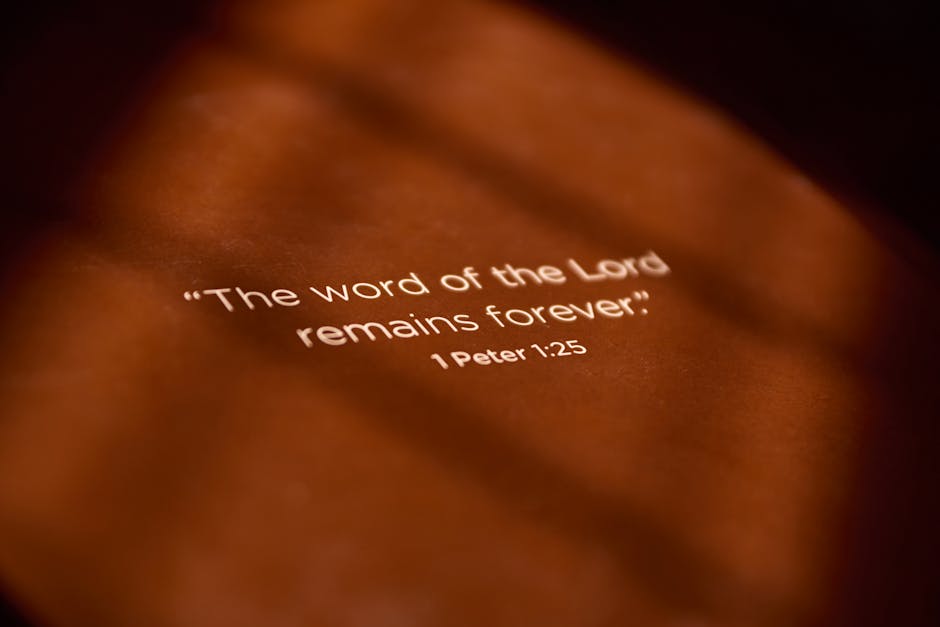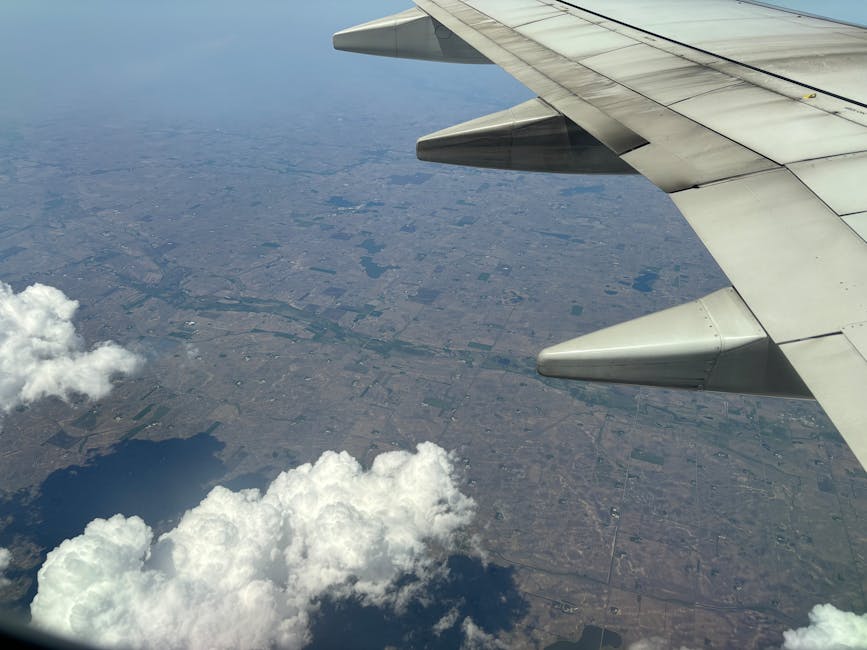**
Trump’s Shocking Threat Against Nigeria
Former U.S. President Donald Trump has stirred global controversy by threatening potential military action in Nigeria over alleged “killing of Christians.” His explosive remarks, made during a campaign rally in Iowa, have drawn sharp criticism from Nigerian officials and international observers.
What Did Trump Say About Nigeria?
Speaking to supporters, Trump claimed Nigeria is a hotspot for religious violence targeting Christians, warning, “If they don’t stop the killings, we will have no choice but to take action.” While he didn’t clarify what “action” meant, his statement implied military intervention—raising concerns over sovereignty and foreign interference.
Nigeria has faced years of sectarian violence, particularly in the North and Middle Belt, where clashes between Muslim herders and Christian farmers have led to thousands of deaths. However, experts argue Trump’s comments oversimplify the conflict, ignoring economic and ethnic factors.
Nigeria’s Strong Rejection of Trump’s Remarks
The Nigerian government condemned Trump’s statement as “reckless and unacceptable.” The Foreign Ministry emphasized Nigeria’s sovereignty, stating:
“Nigeria is not a U.S. colony. We are fully capable of handling our security challenges without foreign interference.”
Mixed Reactions from Religious & Human Rights Groups
- Christian Groups: Some welcomed Trump’s focus on religious violence but cautioned against foreign intervention.
- Human Rights Activists: Accused Trump of politicizing Nigeria’s crisis for his election campaign.
- Bishop Kukah (Catholic Diocese of Sokoto): Stressed that solutions must come from within Nigeria, not external threats.
Global Diplomatic Fallout
Trump’s remarks risk damaging U.S.-Nigeria relations, a key partnership in counterterrorism efforts against Boko Haram and ISIS. The Biden administration swiftly distanced itself, reaffirming support for “diplomatic solutions, not military threats.”
Will Trump’s Threats Lead to Action?
As a private citizen, Trump lacks authority to enforce military action. However, his rhetoric highlights how Nigeria’s security crisis is being used in global political discourse. The Nigerian government faces pressure to address violence but rejects foreign intervention.
**




